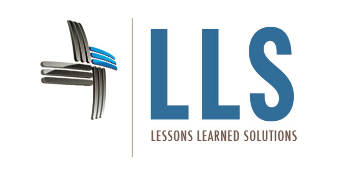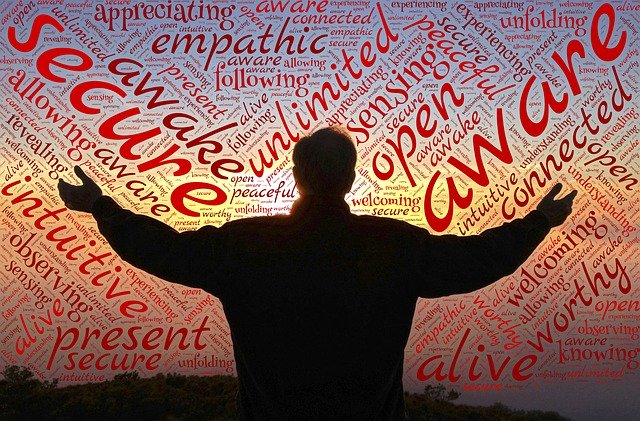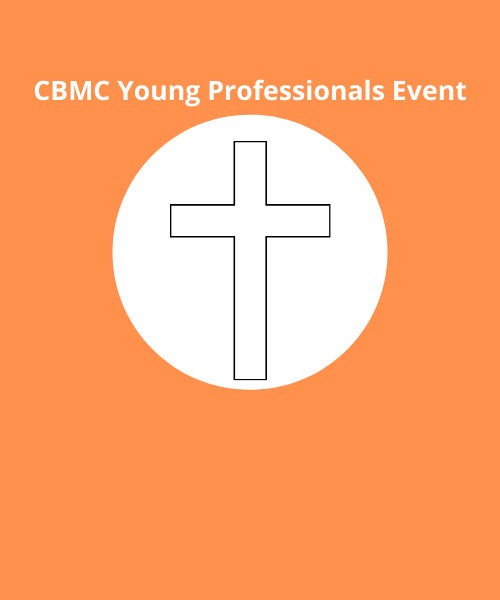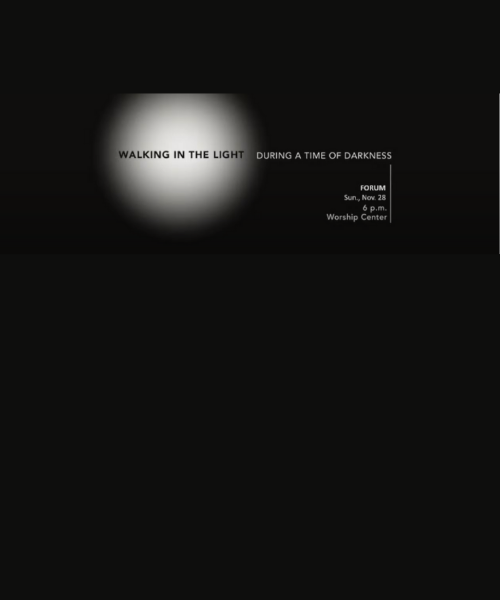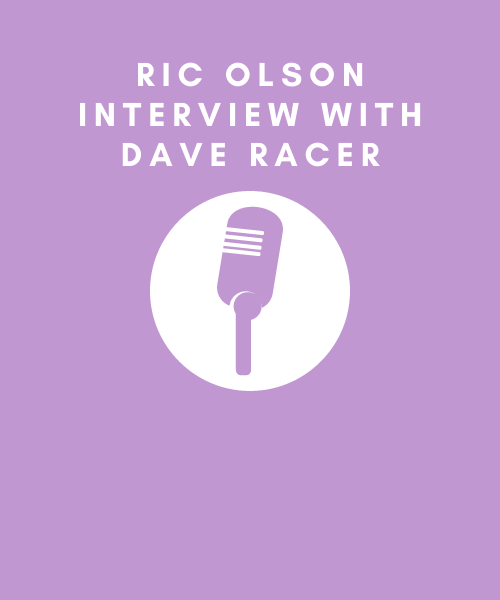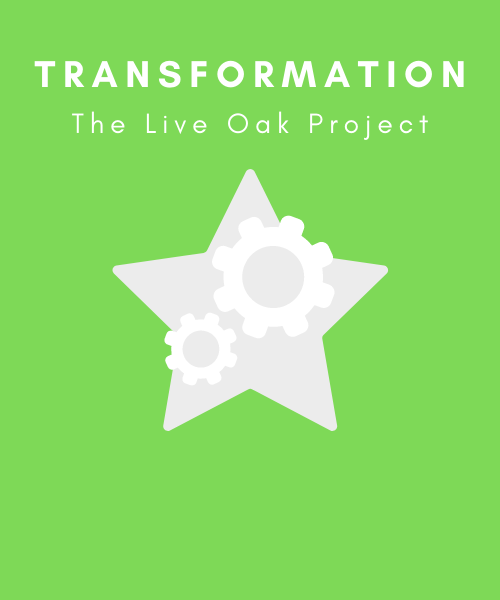STAYING SANE IN AN INSANE TIME
Richard H. Cox, MD, PhD, DMin
—There have been many times in history when the human race has faced mass insanity, and this is one of them. Brilliant minds are distracted, creative minds are blunted, and values are questioned. Morals are provoked, relationships are pushed to their limits, and the very core of human existence becomes in disarray. Once again, as over-and-over again, we ask, “who am I, why am I here”, (Aristotle, Kierkegaard, et al) and we add, “where am I going”?
I write this as one in the “high-risk” group. I am over 91 years of age with multiple health issues, including pulmonary fibrosis (although never a smoker). By all reasoning, I will not live many more years. That does not excuse me, and everyone else, from contributing to the betterment of mankind. My children, grandchildren, and, their offspring, will continue on with my genes, and what they have learned from me, (both what to do and what not to do).
What we do in life must be able to extend beyond the boundaries of our “three score and ten,” or even “four-score and ten” (Psalm 90:10). In terms of time and human existence, that is simply an infinitesimal—basically zero—amount of time. My life has included several disciplines in study and practice, which included ministry/theology, psychology, and medicine. By the grace of God, I’ve reached the wonderful age of nearly 92 years, including 5 years of courtship and 70 years of marriage to my high-school sweetheart. We must be able to transcend the vicissitudes of our times, including pandemics.
In times like these, our brains hit the wall and we face reality as never before. “Things all of the sudden are seen for what they are, just “things.” Materialism reveals itself for exactly what it is, temporary security, and the race of daily life shows its ugly face as simply “busy-ness.” We are forced to separate what really counts from that which is glitter on the dying Christmas tree of life. Hedonism, misplaced affluence, and egocentrism prove their impotence.
When the human body and brain are pushed to their limits, they become incredibly self- protective, egocentric, selfish, and build an internal and external armor, which, although protective, is also destructive in the long run.
There are no rules that “fit all.” There may, however, be suggestions, that when adapted personally and augmented, become effective methods for self-maintenance and personal growth in times of distress. The list given here is minimal and you can add your own. This list is my own and has worked, and continues to work, well for me. The points I raise may serve as starters for your own journey in this special time.
Please feel free to pass this “white paper” on to family members, friends, and co-workers who can benefit from it.
1. Don’t panic. The “fright, fight, or flight” automatic response is doubtless a self-preservation instinct in all living creatures, but often runs contrary to common sense. In the scurry of rational blindness, we make wrong turns, poor choices, and find ourselves in the proverbial corner of the painted room with no escape. Panic is a mental, neurological response to emotional hypersensitivity. As far as we know, the human is the only living creature whose frontal cortex in the brain can modify this response. Times of crisis are met with either fear or faith.
2. Change what you can. The well-known Alcoholics Anonymous Serenity prayer is still a genius method for dealing with dis-stress and dis-ease. “God, grant me the serenity to accept the things I cannot change, the courage to change the things I can; and the wisdom to know the difference.” Simple enough to say, incredibly difficult to do. None of us can do it all, but small step by small step, and bit by bit, we find that it works—and the pieces of the puzzle do not seem so unrelated. The parts all of a sudden start to make for a healthier whole. Crisis times, which are saturated with fear, either become drivers for faith or failure. To a large degree, it is our choice.
3. Maintain your self-hood. In spite of the need for relationship and communal contact, it is super-important to keep in touch with yourself! The love of others is not possible if you hate yourself. The Scriptures, both Old and New Testaments, do not teach us self- deprecation; they teach us: “love your neighbor as you love yourself (Lev. 19:18; Matt. 12:31). A sense of self-worth, value to family, importance to community, and the joy of seeing yourself as a beautiful piece of God’s handiwork changes the darkness of circumstances to the light of possibilities.
4. Maintain the rational organization of your life. In times of distress, many persons let go of the daily routines, self-care, and habits that have previously kept them well and productive. Very much in line with maintaining one’s self-hood, but more specifically, and perhaps more mundane, daily hygiene, wardrobe attire, nutrition, exercise, sleep, and, even disdainful routines often provide mental and physical structures that keep depression and distress at bay (more on this later). Being unkempt, sloppy, slovenly, fatigued, and poorly fed produce dis-ease, distress, and a loss of hope…as do dehydration, having bodily functions out of control, and adopting an “I give up attitude.”
5. Stay in contact. The human is a relational being. Most of us do not do well alone for very long. Few persons do well with being a hermit. Personal “alone time” is crucial, but so also is “contact time.” Although we can be “whole” as an individual, we are not totally whole without the vibrations, thoughts, and presence of others in our lives. The human body craves touching, reaching out, and the warmth of knowing that someone else values us. Even in the absence of physical presence, today’s world offers more possibilities for staying in touch than ever before. In times of “shelter in place,” such as with our current pandemic, the electronic media has expanded our world beyond belief. Utilizing the “old-fashioned” telephone, letter writing, and other personal creative mechanisms also allow the mind and spirit to share and receive, thus maintaining the essence of relationships.
6. Stay physically healthy. In times of distress and depression, many persons slack off regarding their own personal and physical health. Non-compliance in taking medications, eating pleasure (junk) foods, lack of exercise which in turn builds up toxins in the body, and dehydration can produce headaches. There is also increased mental confusion (even delusions and hallucinations) and neurological dysfunction. Frequently, inattention to even small parts of maintaining physical health can lead to disastrous results in making poor decisions, acting irrationally, and displacing one’s dis-ease on to others. (Hence domestic violence, suicidal ideation, and depression.)
7. Stay spiritually healthy. Even persons who claim to have no “spiritual” inclinations are essentially spiritual beings. Whether we think so or not, our spiritual temperature changes everything! Meditation, prayer, Yoga, progressive relaxation, and other methods of self-calming allow the hormonal system of the body to operate normally. When our spiritual life is out of balance, we suffer from a lack of body-mind homeostasis—and permit destructive systems and poisonous chemistry to build up in both body and mind.
8. Be an expert only in the areas for which you are trained. The brightest minds of ourgeneration have not, as yet, figured out the secrets of the Corona virus, (COVID -19). Yet everyone, from journalists to some of the most uninformed in our society, has “figured it out.” This kind of thinking is incredibly dangerous. Many wise persons have correctly said, “Ignorance is not what we do not know; it is what we know that is not so.” Incorrect “knowledge” is, in truth, self-delusion and, when given to those who are willing to accept it, can become powerful ammunition for the destruction of self and others.
9. Admit, own, understand, and benefit from your fears. Fear is normal. The person darting into oncoming traffic without fear is abnormal. Proper fear leads to safety. Fear is the engine that galvanizes us to action. The word “fear” (Gr., favos) appears over 500 times in the Bible, and always leads to a method of dealing with it. Psychologists treat patients who suffer from fear and understand the difference between fear that comes from anxiety and that which comes from “angst.” The anxiety of everyday life (often called “generalized or free-floating”) is usually the result of imminent, poorly focused, and generalized irrational concerns. Angst is the result of existential discomfort arising from long-term and ambiguous circumstances. Although overly simplified, we must separate the two at this time. We suffer from immediate anxiety due to the incomprehensible nature of COVID-19 and the potential ramifications, both personally and societally. We suffer from long-term ambiguity as well as the real and imagined outcomes. Both kinds of emotional states appear as “fear” and need to be faced head- on.
10. Be an expert with the genius within you. Developing new and novel ways to accomplish both new and old things is important. There is no “one size fits all” method for beingcreative in times of distress. The ability to make new bottles for old wine has always been a gift that we see in even the “lower intelligent” population. The relationship between I.Q., creativity, and adaptability is incredibly over-rated. The pandemic of 2020 is producing machines, skills, and thinking which were absent only a short time ago. Most persons are reluctant to give up old ways, but when willing (or required) to do so can find a sense of accomplishment that is most reward.
11. Don’t give up hope. Alexander Pope in his “Essay on Man” (1732) said, “Hope springs eternal.” Very true. However, hope is such a nebulous concept for many people. Hope lies within one’s belief system…and the belief system lies within the matrix of culture, faith, and life experience. Hope is the health of the soul. Without hope, one can perish in “hopelessness.” But what then is “hopelessness”? It is the absence of a structure of faith and relationships that transcend the exigencies of turbulent life. None of us have total hope within ourselves. We are mortal beings without omnipotence. It is in the coming together of relationships with others, self, and God that we build a platform from which to create thinking and actions that produce hope.
12. The power of positivity. Although certainly not a new thought in human history, it has only been over the past 50 years that the idea of “thinking positively” has become a household term. Clergyman Norman Vincent Peale, wrote the first popular book on this subject, “The Power of Positive Thinking” (1952), whereby he used scriptural principles such as “I can do all things through Christ who strengthens me” (Phil. 4:13) to enhance individual positivity. Who could have imagined that it is now possible to receive a graduate degree in positive psychology as championed by Dr. Martin Seligman, the “father of positive psychology”? His work arose from studying helplessness in animals! Inspired by Peale and Seligman, Dr. Barbara Frederickson, a professor at the University of North Carolina, validated the power of positive thinking, which she covered in her book, Positivity: Top-Notch Research Reveals the 3-to-1 Ratio That Will Change Your Life (2009). Thinking negatively is a major limitation since there can be no light in total darkness. Light drives out darkness. When we think positively, we drive out negativity and the resultant negative actions.
13. Be part of the solution, not part of the problem. For some reason, which even psychologists do not know, the human brain loves to dwell on the negative, remember the bad, and act with abandon when faced with a problem. Mass psychology takes over and rationality gives way to peer pressure. Relationships are sacrificed for self- preservation. We don’t only become part of the problem, we become the problem. Focusing on solutions requires self-discipline. It takes a willingness to hear as well as listen…to share as well as keep…to go the extra mile even when fatigued. Additionally, finding win/win solutions requires loving when it’s easier to hate, compromising when we only want to win, and extending beyond our habitual boundaries.
14. Our opportunity for new beginnings. This is a re-booting time for us. It is a time for re-calibration. It is one thing to be creative when things appear to be going well. Yet, it’s quite another to re-boot in the midst of adversity, which leads us to become more creative in finding new methods, ideas, and styles of living. We must move beyond today’s adversity and “re-set our computer” away from living life for the now and consider how to improve the lives of those who come after us. This time of global and personal crisis can become either a powerful force for hope and new beginnings, or paralyzing dysfunction. Pandemics and other crisis times force re-thinking. It is best to think of our present situation not as constrained (although in many ways it absolutely is) but as a gift of opportunity.
15. Trust in your “Higher Power.” As noted in the first suggestion, citing the Alcoholics Anonymous prayer, we are limited to human frailty, error of narcissism, and destructive self-adulation without a higher power to guide and strengthen us. In my case, I take refuge in, “The Lord is my strength and my shield…” (Psalm 28:8) and “God is our refuge and strength, a very present help in time of trouble” (Psalm 46:1). My faith as a Christian, combined with my family heritage and life experiences, has become an unconscious motivator to seek solutions beyond human limitations. All aspects of success described in this short treatise hang on our ability to access resources beyond our humanness. The greatest thinkers of all ages concluded that they were “not in full control” of their lives. We will be blessed indeed if we can rise above today’s challenges, build a vision for tomorrow, and grow in faith. During our journey, we’ll find a better way for ourselves and those who follow us.
Richard Cox – April 8, 2020
